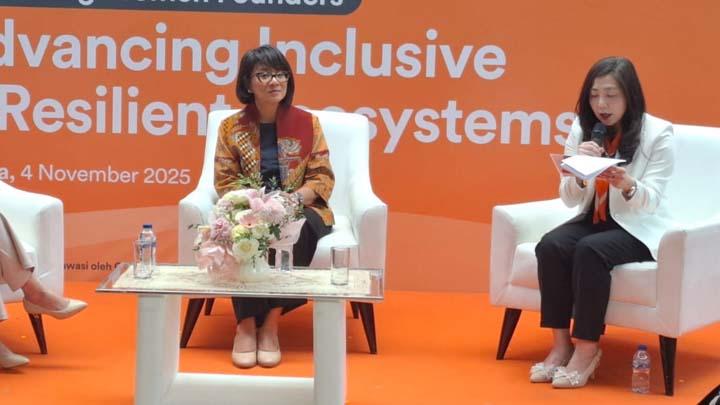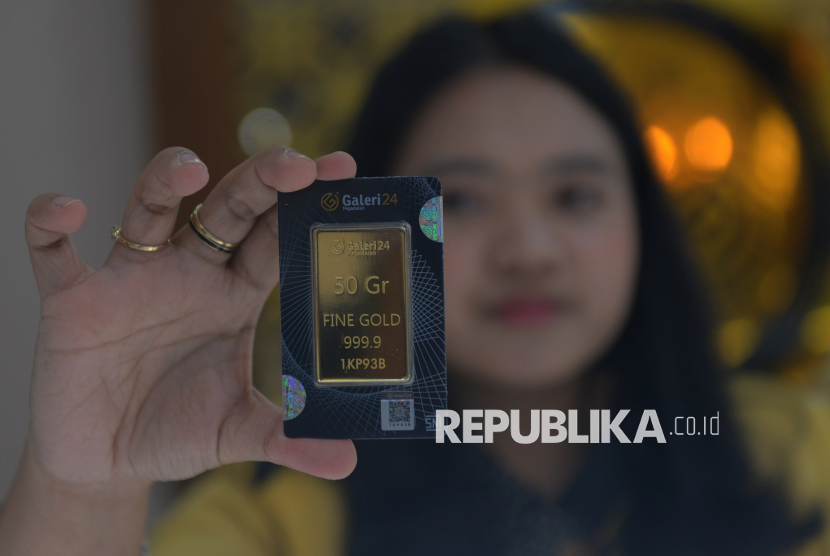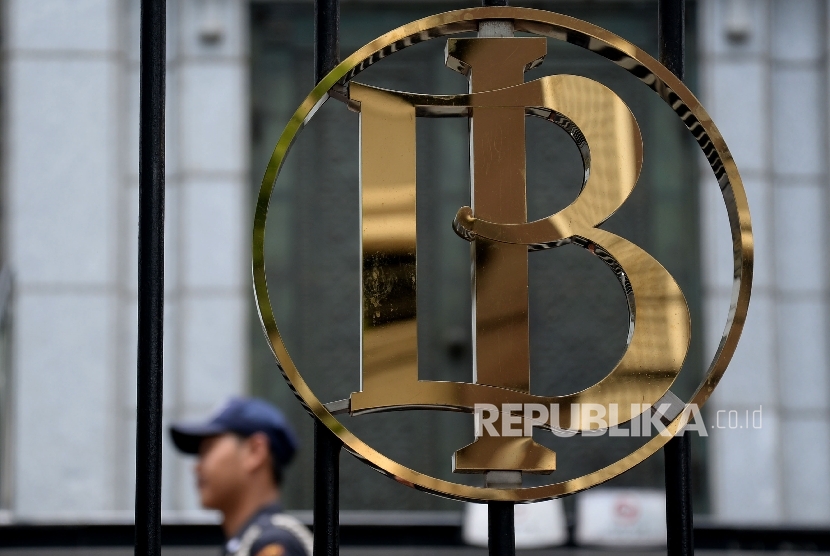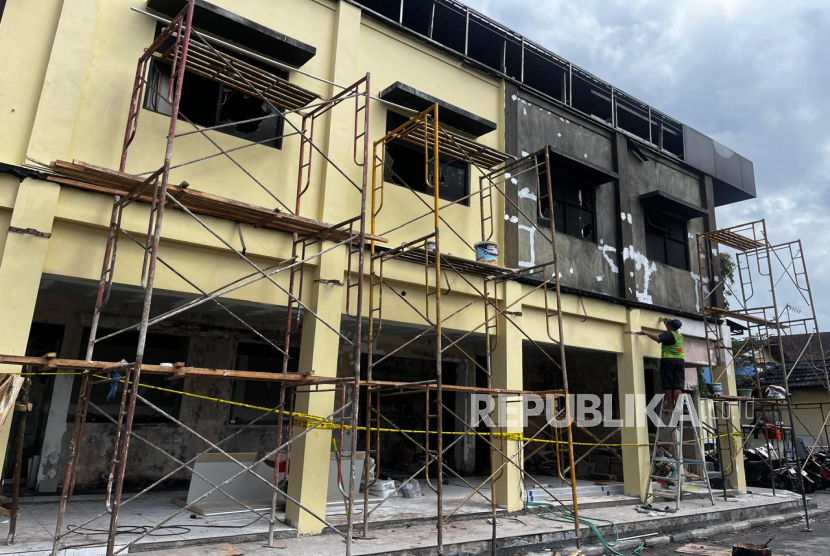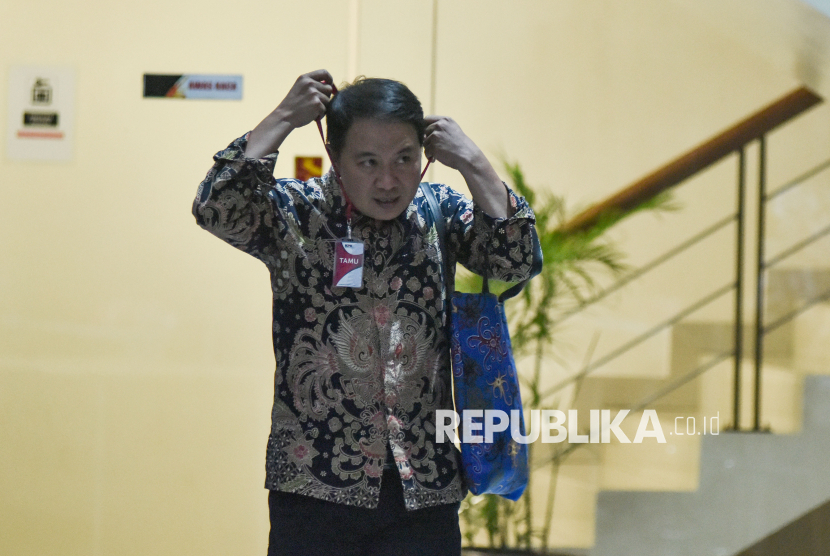Bank Indonesia (BI) plans to conduct a trial of the Payment ID system coinciding with the commemoration of the 80th Anniversary of the Republic of Indonesia on Sunday, August 17, 2025. The system will not be launched in August 2025, but will be tested to support the distribution of social assistance (bansos).
"In digital language, it's a sandbox, a trial, experimentation, piloting. That's what we are still working on at Bank Indonesia," said Dicky Kartikoyono, Head of the Payment System Policy Department at Bank Indonesia, on Tuesday, August 12, 2025.
However, Dicky emphasized that the Payment ID will not be officially launched in August 2025. "The support we provide for its use case or related trial is non-cash social assistance. It is still under trial. Non-cash social assistance will have a new government program in September," he said.
Dicky stated that the use of this system will be specifically tested together with the government next month. "The support we provide for its use case or related trial is non-cash social assistance. It is still under trial. Non-cash social assistance will have a new government program in September."
The pilot project for the distribution of social assistance based on a digital system is planned to be held by the government in September. On a different occasion, a member of the National Economic Council (DEN), M. Firman Hidayat, stated that all residents of Banyuwangi will receive a digital ID. This will allow the government to verify the identity of the aid recipients.
"All residents of Banyuwangi will be given a digital ID. Once they are given a digital ID, we can verify and ensure that person A is indeed person A, as there is biometric recognition and so on," he said.
The Director of the Payment System Policy Department at Bank Indonesia (BI), Dudi Dermawan, stated that the Payment ID will be the foundation of a more transparent and accountable payment system. He conveyed this during an Editors Briefing in Labuan Bajo on Friday, July 18, 2025.
According to him, this system is a critical step for the government to establish a healthy and inclusive financial system. Payment ID can record and combine data from various financial sources such as bank accounts, credit cards, e-wallets, and online loans.
He explained that the system allows authorities to obtain a complete overview of a person's financial profile, including income, expenses, debts, and investments. "This Payment ID is very powerful," he said.
As a pilot project, the Payment ID is being tested to verify the eligibility of social assistance recipients. From an initial test of ten individuals, it was found that one person had four bank accounts simultaneously. Dudi stated that this finding raised questions about the person's eligibility as a recipient of assistance.
Furthermore, he emphasized that access to social assistance verification data will only be granted to authorized institutions, such as the Central Statistics Agency (BPS) which manages the Integrated Social Welfare Data (DTKS). Dudi assured that BI will not indiscriminately share data with other parties. "We are very cautious. This transparency could be misused. We must maintain public trust," he said.
Concerns Regarding Payment ID's Potentials for Spying on People's Transactions
Bank Indonesia conveyed that consumers, especially bank customers and digital payment service users, will benefit from the integration of financial data through Payment ID linked to population identities.
Through this system, the know your customer (KYC) process or data verification when opening an account at a bank or financial institution can be done more quickly. In addition, the public can also access transaction histories from various platforms in a centralized dashboard.
Despite offering convenience, the public is concerned about data privacy. There are worries that the Payment ID could potentially expose financial information that should be protected. For example, banking account data is legally guaranteed privacy under Law Number 10 of 1998 concerning Banking.
Some parties are also worried that the implementation of Payment ID would compel banks to surrender customer data to be integrated with other payment systems, including digital wallets owned by financial technology (fintech) companies.
Bank Indonesia and the Presidential Palace's Responses
Bank Indonesia asserts that the Payment ID will not be used to invade people's privacy by examining individual financial transaction details.
Dicky Kartikoyono, Head of BI's Payment System Policy Department, stated that the system fully complies with the principles of personal data privacy as regulated in the Personal Data Protection Law (UU PDP).
"It is impossible for Bank Indonesia to want to spy or know the private space of individuals in society," said Dicky.
He explained that the use of Payment ID is more focused on mapping the economic potential in various sectors, rather than monitoring personal transactions. "It is impossible for us to track who buys shoes or who dines at a cafe. What we need is data on the growth of the shoe industry, hotels, restaurants, or cafes. Individual data will never be viewed by BI," he said.
According to Dicky, the national economy needs accurate data support, especially for the MSME sector. Many MSME players have difficulty accessing financing because financial institutions do not have their credit track record.
Therefore, Payment ID is expected to help expand access to financing while prioritizing the principle of active consent from data owners. Dicky added that any financial institution wishing to access the economic data of MSMEs must adhere to strict procedures and obtain permission from the data owners first.
The Minister of State Secretariat, Prasetyo Hadi, claimed that the digital payment system, Payment ID, will not be used to spy on people's private transactions. He stated that the government only wants to monitor private transactions conducted by the public.
"The transactions that we will collectively monitor. The results of this monitoring will then be allocated for regulated purposes," he said at the State Palace, Central Jakarta, on Wednesday, August 13, 2025.
Prasetyo Hadi stated that transaction monitoring is not done indiscriminately. Categories of personal data that will be monitored will adhere to applicable rules. He ensured that citizens' personal data will be protected. "There are already regulations governing the viewing of personal data," he said.
\Melynda Dwi Puspita, Hendrik Yaputra, Aisha Shaidra, and Fery Firmansyah contributed to the writing of this article.
Editor's Choice: Indonesian Govt Uses Payment ID to Verify Social Protection Beneficiaries
Click here to get the latest news updates from Tempo in Google News








